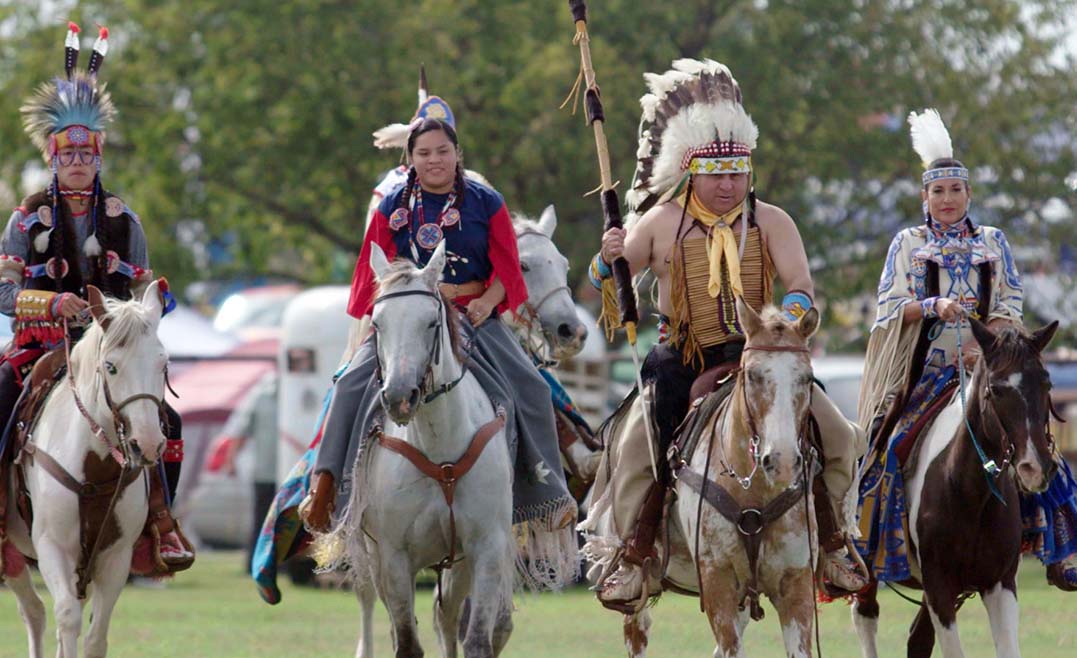Weekly roundup: Infinite Dial, low-power FM, native advertising
In news and other happenings that you might have missed this week:
• Edison Research has released its Infinite Dial 2015 study of digital media adoption. Fewer respondents this year said radio and TV are “most essential” in their lives, while more said the Internet is essential. And more than half of respondents reported listening to online radio, an all-time high. The full study is here.
• The FCC fined a low-power FM station in West Virginia $16,000 for airing ads that broke the commission’s underwriting guidelines for noncommercial broadcasters. Meanwhile, Sweet Briar College in Virginia is closing, raising questions about the fate of a low-power FM station it operates, according to Radio Survivor.
• Former NPR ombudsman Jeffrey Dvorkin mulls the pros and cons of native advertising, increasingly popular in podcasts. “Being truthful with listeners about the need to put the ‘fun’ in ‘fundraising’ is frankly, refreshing,” he writes for the Association of Independents in Radio.
• CJR checks in on Marfa Public Radio, serving a sparsely populated area of West Texas: “The little station with the big signal offers a blueprint for how to build and grow serious public media from scratch.”
• Full disclosure: I’m linking to this podcast without listening to it yet. But it looks interesting — on Data Stories, Scott Klein of ProPublica discusses the nonprofit’s approach to data journalism.
• If you work in classical radio in the U.S., you might find some parallels in this post about the BBC’s classical music programming. “The national debate about [BBC Radio 3’s] ‘dumbing down’ in search of larger audiences has broader implications in an age in which the logics of an aggressive neoliberalism that elevates market competitiveness over all other measures of value threaten public service broadcasting in the UK, the rest of Europe and elsewhere.” Sound familiar?
• This query on Reddit provoked some amusing answers: “You are now in National Public Radio (NPR) the MMORPG. What is your character like?” [MMORPG = “massively multiplayer online role playing game.”] One response: “I’d be Diane Rehm. More of a god in the universe than a character. Unable to die but with the ability to fairly and concisely get to the point while involving the rest of the users.” Another: “steve innskeeper.”






